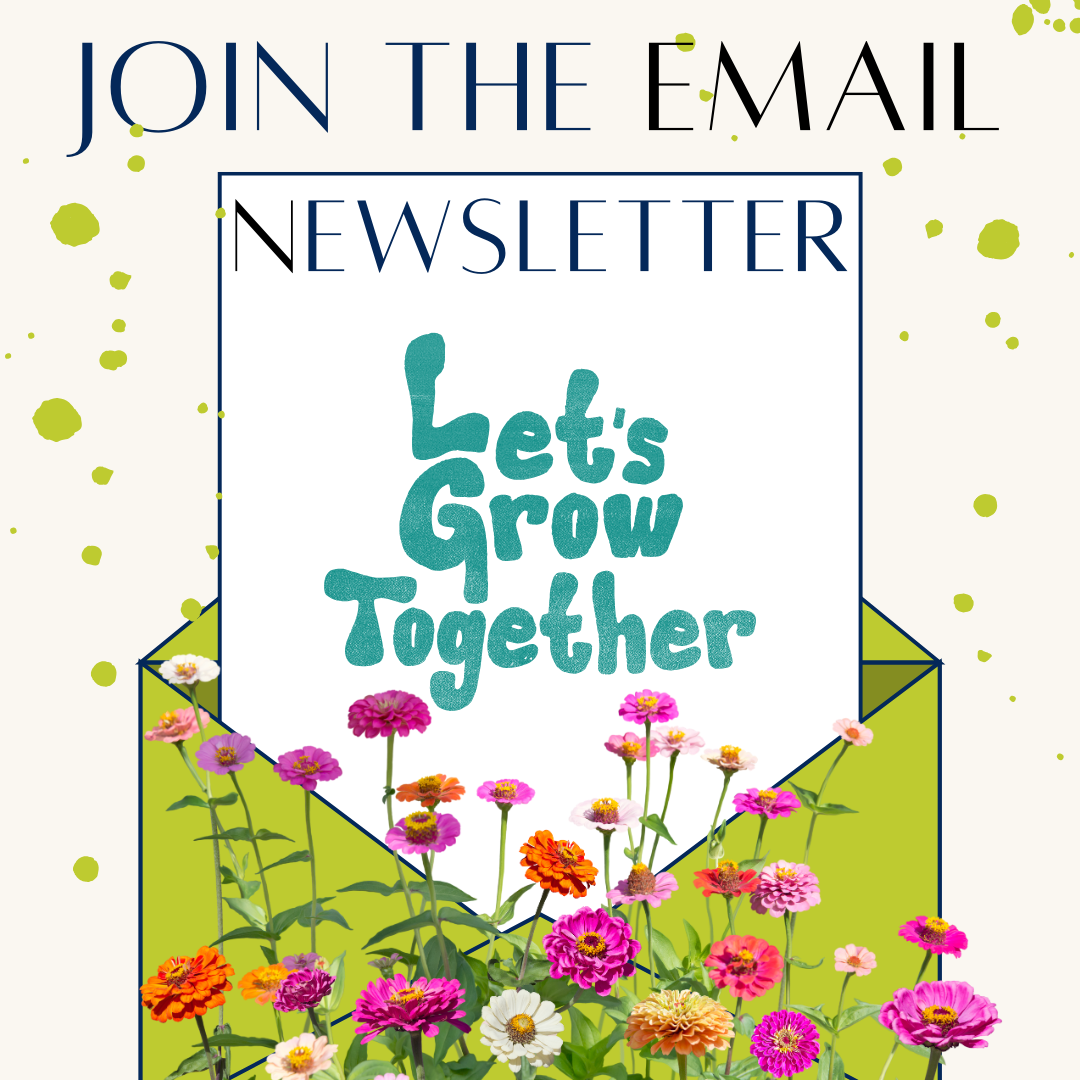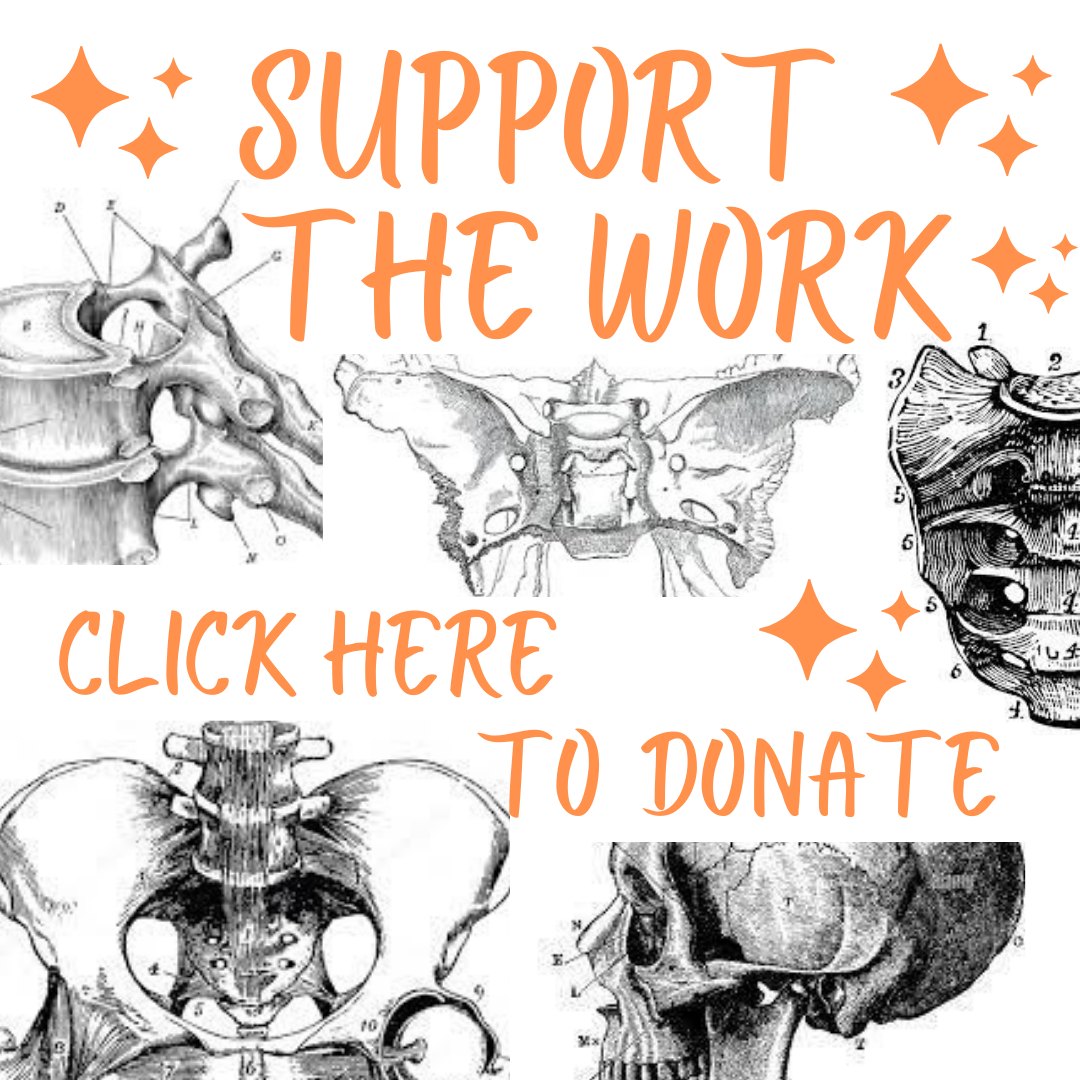Justice Work - Food, Environmental, Social, Bodily
Defining Statements
We are led by the work of authors, farmers, and activists such as Leah Penniman, Soul Fire Farm, and the Northeast Farmers of Color alliance who guide our justice work within food, environmental, and social sovereignty and liberation.
Justice work involves the welcoming of struggle: “We are not asking for struggle; we just understand that justice will not happen without it” (Love, 2019, p. 9). Justice work isn’t “reform work,” as justice work involves imagining and building “new” food/environmental systems that “we are taught to believe are impossible” (p. 11). “Courage and vision are required” (p. 11).
We currently work at the level of participatory citizens in our approach to justice, where we “actively participate in the civic affairs and the social life of the community at the local...level” (Westheimer & Kahne, 2004, p. 241). We “engage in collective, community-based efforts” (p. 241) while developing “relationships, common understandings, trust, and collective commitments” (p. 242). “Participatory citizens” for justice are “active member[s] of community organizations and/or improvement efforts; organize community efforts [around food/environment/social justice]; know strategies for accomplishing collective tasks” (p. 240)
Participatory citizenship is related to Ella Baker’s model of participatory democracy, which is “dependent on individual citizens learning and growing together, focused on a layered agenda for justice that utilized everyone’s skill sets to emphasize self-worth and collective liberation" (Love, 2019, p. 68)
We are led by the work of authors, farmers, and activists such as Leah Penniman, Soul Fire Farm, and the Northeast Farmers of Color alliance who guide our justice work within food, environmental, and social sovereignty and liberation.
Justice work involves the welcoming of struggle: “We are not asking for struggle; we just understand that justice will not happen without it” (Love, 2019, p. 9). Justice work isn’t “reform work,” as justice work involves imagining and building “new” food/environmental systems that “we are taught to believe are impossible” (p. 11). “Courage and vision are required” (p. 11).
We currently work at the level of participatory citizens in our approach to justice, where we “actively participate in the civic affairs and the social life of the community at the local...level” (Westheimer & Kahne, 2004, p. 241). We “engage in collective, community-based efforts” (p. 241) while developing “relationships, common understandings, trust, and collective commitments” (p. 242). “Participatory citizens” for justice are “active member[s] of community organizations and/or improvement efforts; organize community efforts [around food/environment/social justice]; know strategies for accomplishing collective tasks” (p. 240)
Participatory citizenship is related to Ella Baker’s model of participatory democracy, which is “dependent on individual citizens learning and growing together, focused on a layered agenda for justice that utilized everyone’s skill sets to emphasize self-worth and collective liberation" (Love, 2019, p. 68)
From this struggle, imagination to building, and participatory engagement, we uplift joy, such as Black joy that Dr. Bettina Love writes about, “joy that originates in resistance, joy that is discovered in making a way out of no way, joy that is uncovered when you know how to love yourself and others, joy that comes from releasing pain, joy that is generated in music and art that puts words and/or images to your life’s greatest challenges and pleasures, and joy in teaching from a place of resistance, agitation, purpose, justice, love, and mattering” (p. 15).
Here’s how (actions) we’ve done it before:
Here’s the ‘how’ we are interested in doing it in the upcoming season(s):
(We're in process, check back soon!)
- Food/medicine donation (Pancakes for the People, Abenaki food Shelf, Conscious Homestead, neighbors/community members/BIPOC individuals)
- Sliding scale value exchange
- Open access garden days
- Regenerative agricultural practices
- Relationship building with Abenaki tribal gardens
- Justice resources in Trello library
- White folx interrogating whiteness together
- Praxis space for supporting each others’ social justice work through individual conversation/emotional encouragement/resource sharing
Here’s the ‘how’ we are interested in doing it in the upcoming season(s):
(We're in process, check back soon!)

